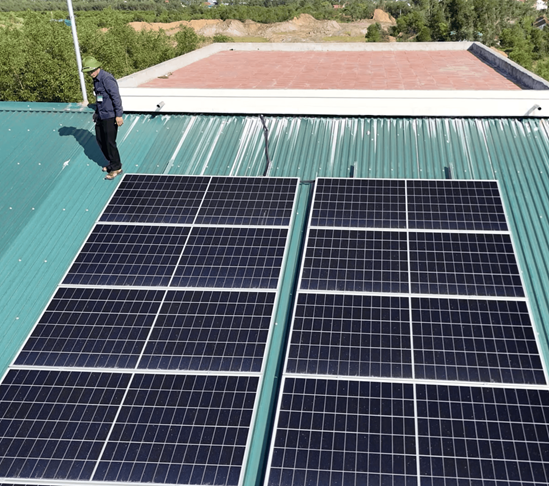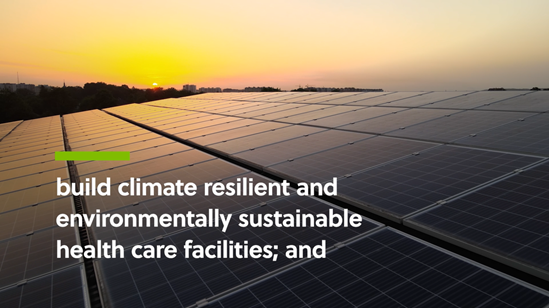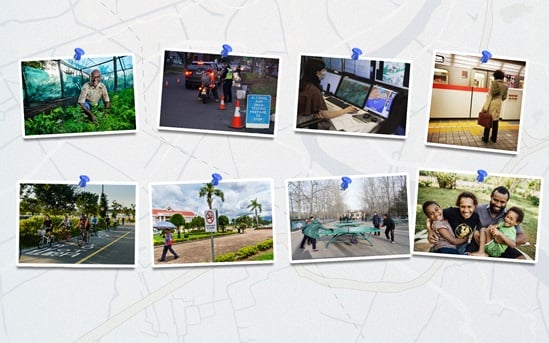/countries/fiji/health-impacts.tmb-768v.jpg?sfvrsn=47af1915_1)
A flooded community in Kiribati.
Health impacts of climate change
The Pacific region faces significant health vulnerabilities due to
- existing health challenges including some of the highest rates globally for obesity and noncommunicable diseases (NCDs), and the challenge of providing care to dispersed populations living on isolated islands and atolls, and
- a wide range of hazards common in the region, such as earthquakes and volcanic eruptions, and extreme weather events like tropical cyclones, floods, and drought.
Many communities in the Pacific live near to the coast or rivers, exposing them to flooding, storm surges, and rising sea levels. Pacific communities already face lower health outcomes, with average life expectancies below those of developed countries due to numerous health challenges. These health challenges, in combination with the extremely fragile environmental context, mean Pacific people are even more vulnerable to the health impacts of climate change.
/countries/fiji/climate-health-impacts.tmb-768v.png?sfvrsn=f03f1350_1)
Many Pacific island countries and areas (PICs) have a diverse list of interconnected climate change-related risks that directly and indirectly impact population health, including:
- water safety including the risk of water-related infections such as diarrhea and typhoid fever;
- inadequate access to water suitable for drinking, food preparation and hygiene due to droughts, floods and sea level rise;
- food sources at risk due to drought, flooding and sea level rise, resulting in malnutrition;
- food-related illness such as ciguatera;
- illnesses carried by mosquitoes including dengue and malaria;
- infections that can spread from animals to humans such as leptospirosis;
- heat-related illness and death, including risks to occupational heat stress;
- respiratory illness, infections and asthma;
- mental health impacts like stress, depression and anxiety due to climate-related resettlement, extreme weather events, uncertainty, loss of livelihoods and an increase in climate-sensitive diseases;
- health impacts of extreme weather events, including traumatic injuries, deaths and psychosocial distress;
- noncommunicable diseases (NCDs) including cardiovascular (heart) disease, cancer, high blood pressure and diabetes; and
- the interruption of routine and emergency health service delivery.
This combination of physical and mental health risks demands increased and urgent investment in resilient healthcare infrastructure and services, as well as regional adaptation strategies to protect and promote the well-being of Pacific communities.

/59748.tmb-300v.png?sfvrsn=9885965b_2)






